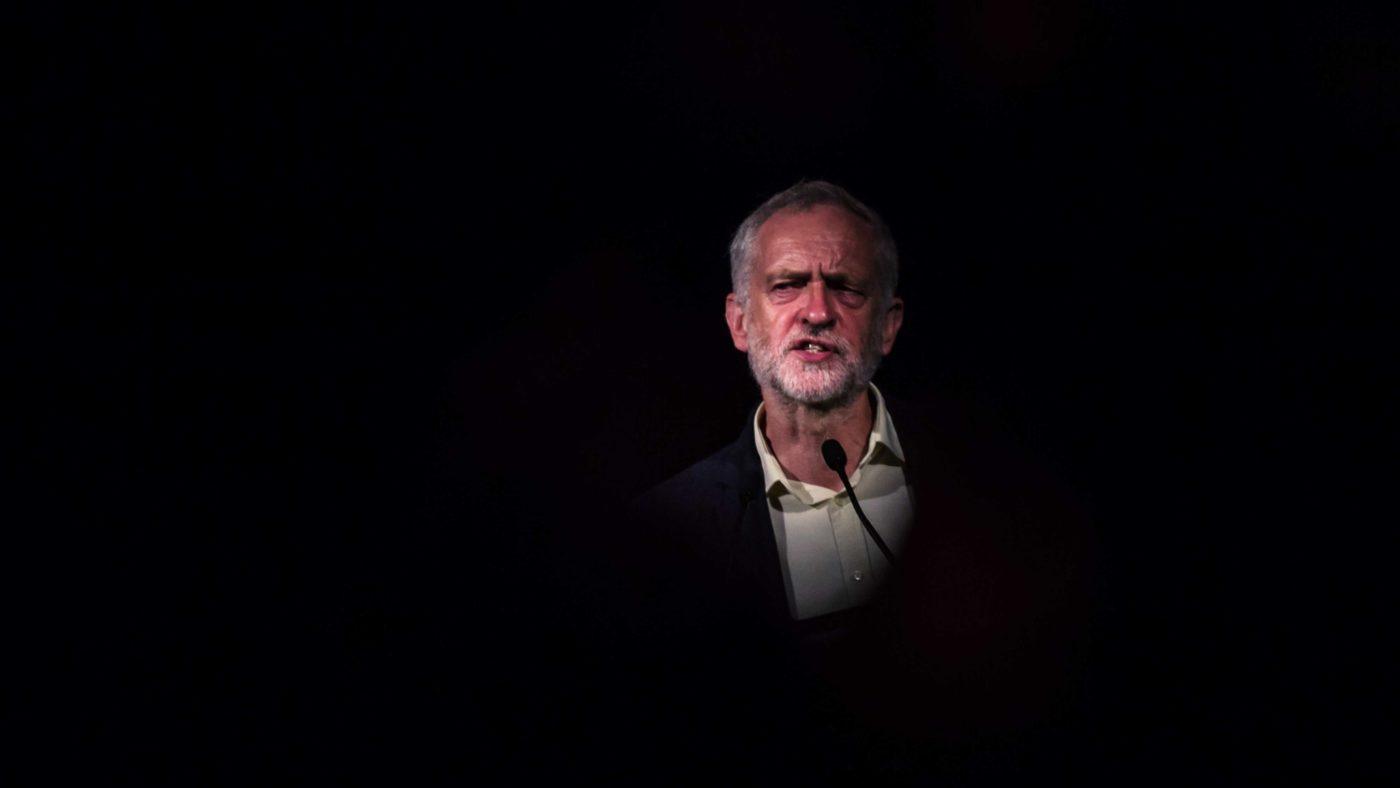As I write, the headline in the Daily Record — Scotland’s version of the Mirror, and as pro-Labour an organ as they come — is “Tory surge across Scotland”. The Scottish Tory results are indeed an astonishing vindication of the pro-Union party led by Ruth Davidson. At the same time, it’s estimated that Labour are losing up to 40 per cent of the seats they are defending in England and Wales.
But what most amazes about the modern Labour party under Jeremy Corbyn isn’t, actually, this ability to lose elections.
With a leader who supported the IRA and who is “friends” with various other terrorist groups; whose shadow chancellor cavorts with Stalinists; whose shadow home secretary can’t add beyond the digits on her uncomfortable hands, the miracle is that any Labour candidates succeeded in being elected at all.
No: the most amazing capacity of the modern Labour movement is its ability to create post hoc theories of the most dubious rationality to explain away bad results. Momentum member Rachel Godfrey-Wood wasn’t disheartened by the results. Her theory, which will be attractive to fellow members of her cult, is that the local candidates who lost lacked the appeal of Jezza, the anti-politician’s politician. She expects him to still triumph on June 8.
The other “meme” which quickly gained ground in Left-wing Twittersphere (the only “constituency” which they still dominate) was that Tories won by taking the Ukip votes; since Ukip voters are intrinsically racist, this is definitive proof that Tories are racist themselves and have moved strongly to the Right.
This is drivel, of course, but it’s doubly revealing. First (as I tweeted) because it’s “delusional with regard to the toxic level of anti-appeal that identity-political Leftism has for moderate voters”. You might think IRA gun-men had a valid point worth debating, Mr Corbyn, or that extremist Islamism is worth indulging; precious few of the rest of us do.
More significantly, it reveals the extent to which Labour believe it owns the votes of the working-class — people, moreover, that Labour was founded to represent.
I first became aware of this Labour concept of “voter ownership” because I’m gay. A few years ago, straight Labour activists took to turning up at Pride marches, to jeer “shame” at gay Tories. They still do it; still cannot perceive the obscenity of such action.
Likewise, many working-class voters first developed an allergy to the EU (because of immigration, which was “moderate” New Labour’s fault), and now begin to discover that voting Conservative isn’t the preserve only of Bullingdon toffs.
What, then, is Labour’s reaction?
Is it to be humble? To rethink policies? Or stick with the policies, but explain their rationale and seek to change wider opinion?
No. “I blame all the Tory scum in this country”, was a typical reaction posted to social media, replicated in hundreds of similar forms throughout the day.
Those are howls of betrayal. You don’t get angry with voters like this unless you start from a sense of ownership. Only a claim of possession explains the hysteria about “betrayal”.
Labour’s tragedy stems from this mistake, which goes way beyond taking people for granted. In a fatal inversion of the truth, Labour acts like the boss-class over its people.
And whatever cognitive dissonance protected some of the Labour council candidates on May 4 — “I can still vote Labour, because I know this guy and he’s a good guy and it won’t affect anything other than the council” — it won’t be available come the general election. Any vote for any Labour candidate will be a vote to make Corbyn Prime Minister.
Liberal-Tory administrations require an opposition; capitalism thrives in democracies. But no one requires Jeremy Corbyn’s Labour entity, and his party’s fatal inversion — the belief that it owns the working-class, can call them “scum” when their votes go elsewhere. That it feels so morally superior means June 9 could be the end of New Labour, Corbyn’s Labour, whatever Labour: the end of All Labour. Time for something completely different. Thank God.


